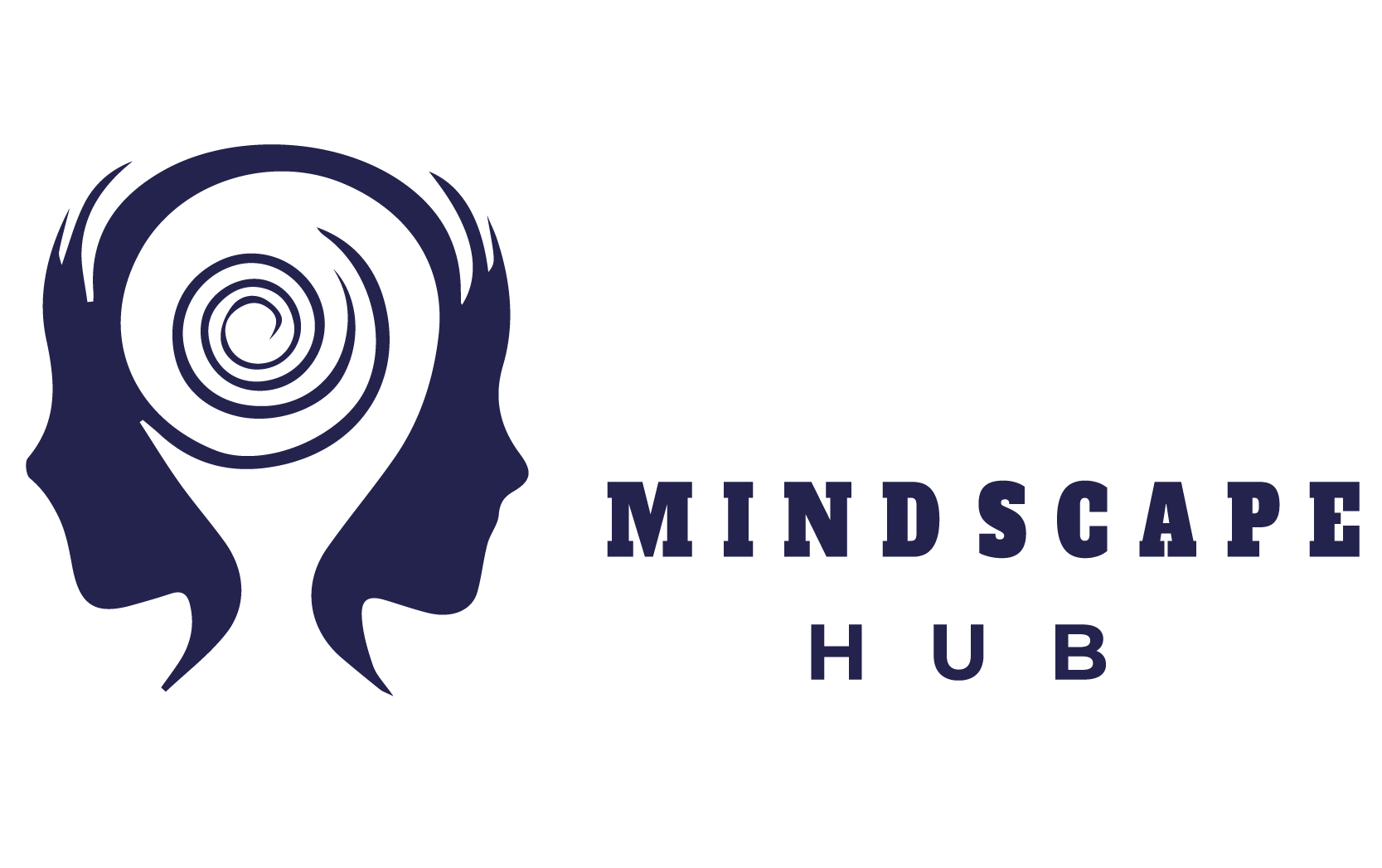- Even BMI and waistline measurements are not also accurate in indicating healthy body weight. Even when they can be helpful, these parameters take time to change while you can be frustrated within a week or month when they don’t change.
- Energy levels, motivation, mood can be indicators of proper nutrition because these can improve faster than changes in weight or waistline
- Proper nutrition ensures proper bodily functioning, adequate energy and sense of safety in the body as opposed to scarcity and survival
- Some body fat are indicator of proper health, obsession with flat stomachs are mostly always for aesthetic values. Especially in women who are underweight, there is often prevalence of irregular and painful menstrual periods.
Eating disorders are more than often related to underlying psychological issues of self-image, depression and anxiety just to say a few. It is also an outcome of bad relationship with food and eating.


